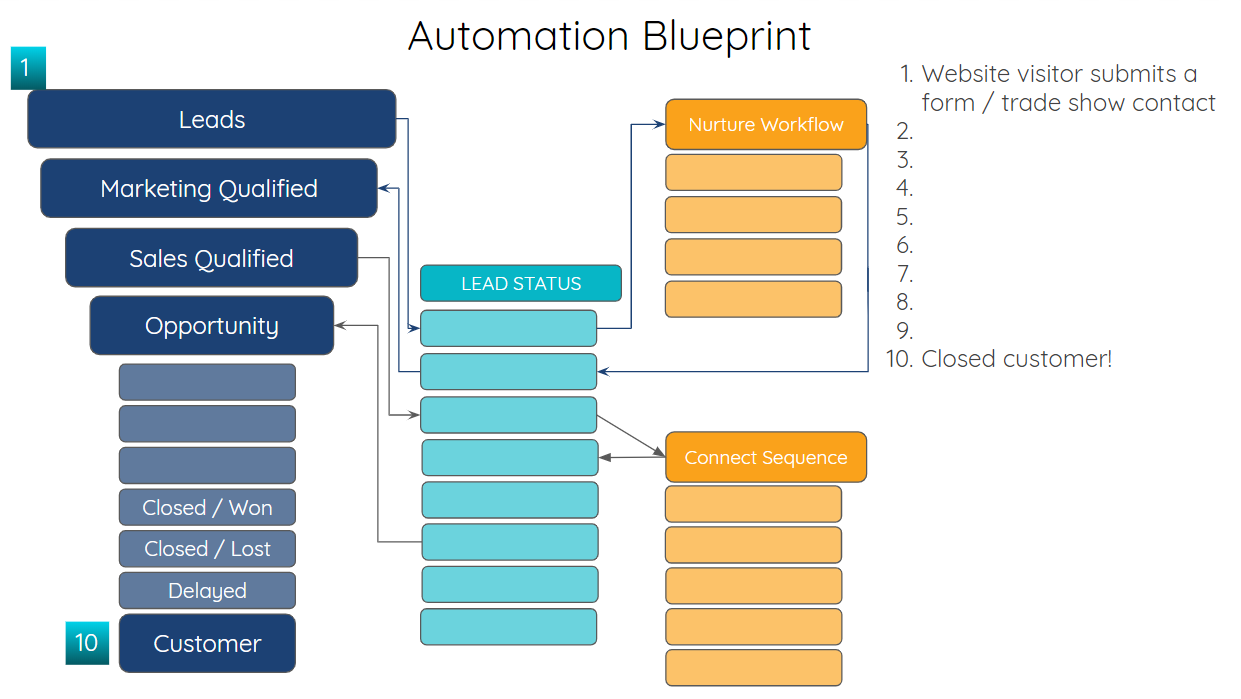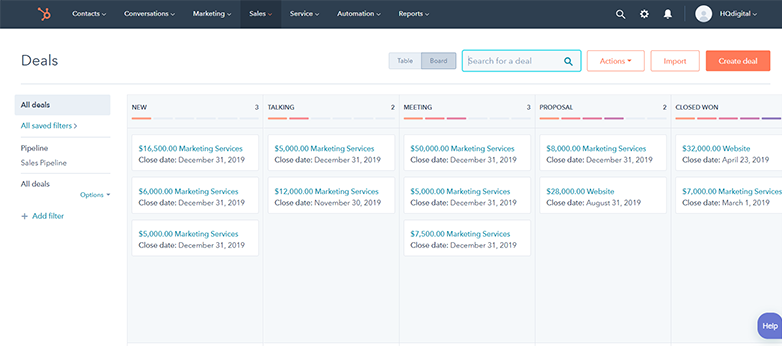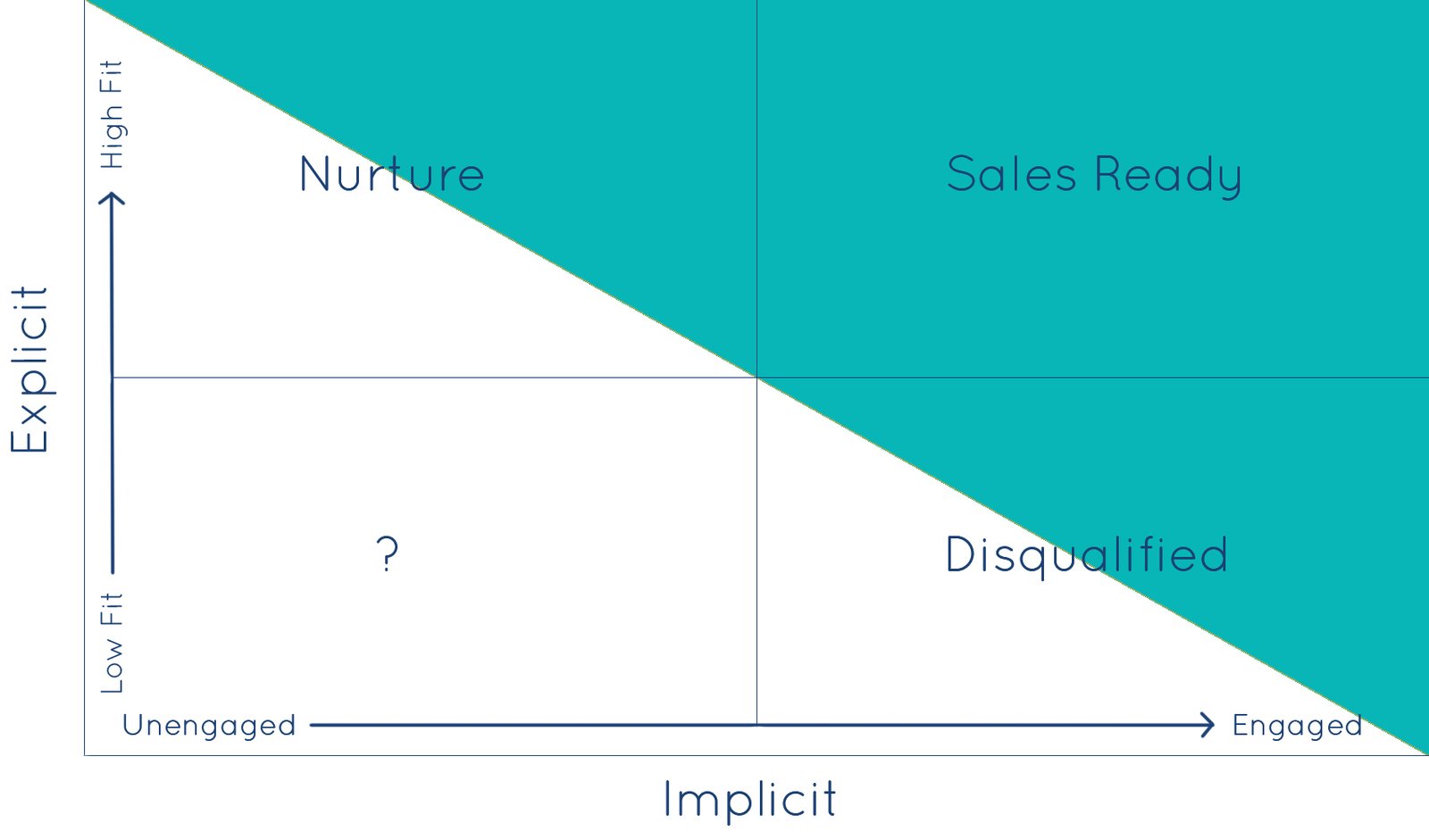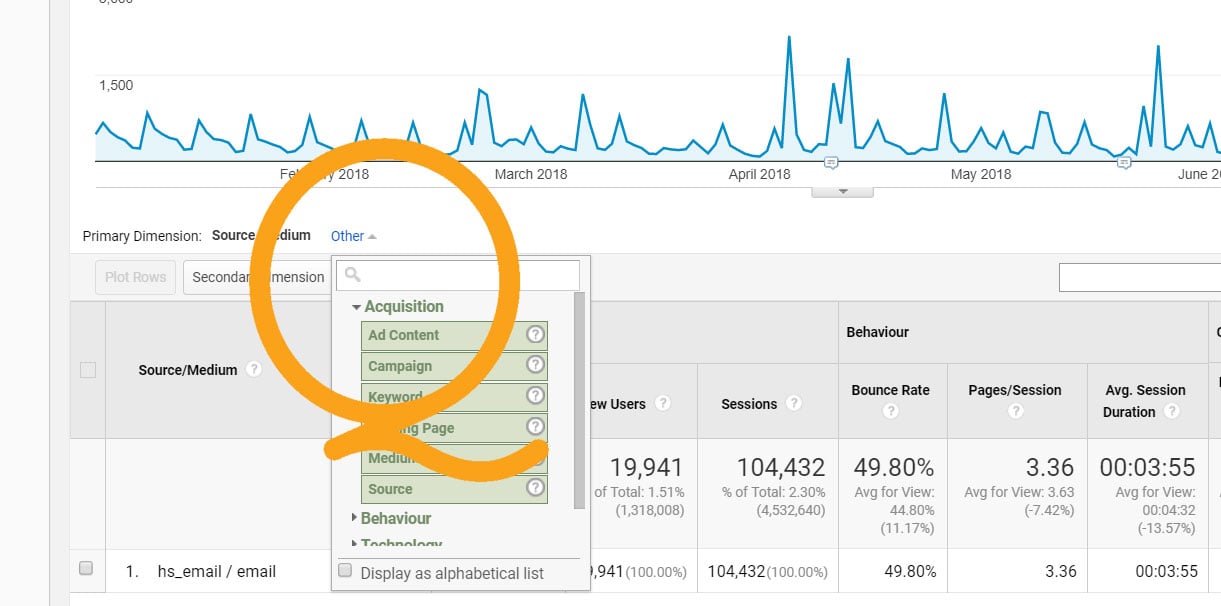
What's the Best SEO Strategy for 2019?
SEO is an essential component of driving qualified traffic and leads to your website. But so many companies don't have a good handle on what SEO even means today. It's not completely their fault. There is so much misinformation about SEO out there, and it's tough to sort through what's current and what's accurate.
What makes SEO such a tough discipline is that it is ever-evolving, with search engines releasing updates all the time and often without warning. The best way to stay ahead of search engine algorithm updates is simply to adhere to best practices from the beginning.
So, let's take a look at what SEO best practices look like as marketers gear up to head into 2019. Combine these powerful forces to put together the best SEO strategy your company has ever seen.
AI-Powered SEO Tools

Artificial intelligence has been closely connected to search since 2015, when Google rolled out RankBrain, a machine learning system within its algorithm that helps process search results. RankBrain uses machine learning to understand the meaning of the content it crawls. It infers user intent from search queries and uses feedback to continuously improve the accuracy of its results over time.
AI has huge practical applications for search, and many are already in play. Marketers who incorporate AI-fueled keyword research into their SEO strategy will see a boost in results in the coming year.
Some examples of AI-fueled SEO tools already available to marketers:
- HubSpot: One of the coolest HubSpot AI tools is its Content Strategy tool, which uses machine learning to understand the themes that search engines associate your content with. The technology provides useful topic suggestions and detailed metrics like keyword competitiveness and sub-topic relevancy that help you hone your SEO strategy in on the best content areas.
- Market Brew: Market Brew is an AI-based SEO tool that helps you figure out why your website ranks above or below other sites on SERPs and helps predict your average position well in advance by modeling how search engine algorithms work.
- MarketMuse: MarketMuse is an AI-powered research assistant that accelerates content creation and optimization to help brands win at organic search.
No matter which AI tool you use, be sure your human team is following best practices when it comes to conducting your keyword research and selecting the best keywords for your brand.
Consider factors like relevance, competitiveness, and search volume to make your selections. Relevance should always be your primary criterion, and you'll want to include a healthy mix of difficulty scores and search volumes to round out your strategy. Combine smart strategy with state-of-the-art, AI-fueled tools to set yourself up for a very successful 2019.
Voice Search
Voice search shows no signs of slowing down, and companies may see their share of organic impressions drop as a result of search engines increasingly returning voice-optimized results.
Experts estimate that by 2020, 50% of all searches will be voice searches.
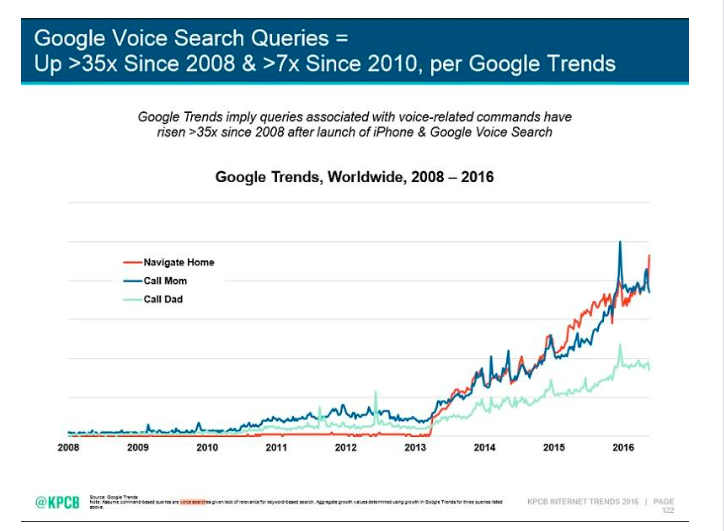
Google voice search queries were up 35X from 2008-2016, and the voice revolution is just getting started. Image credit: WordStream
So, how do you optimize your site for voice search?
According to HubSpot's findings, there are several ways you can start optimizing your site for the voice search revolution:
- Page speed - appears to be a huge factor in voice search. The average voice search result page loads in 4.6 seconds, which is 52% faster than the average page.
- Short answer length - an average of about 29 seconds per answer is returned in voice search results.
- HTTPS - over 70% of Google Home voice search results are on HTTPS sites.
- An authoritative domain - establish credibility and thought leadership to become an authority in your space.
- Linguistic simplicity - use simple language when writing content for your site.
Video Content
Video content is incredibly important to SEO success in 2019 and beyond. The numbers on video's impact on SEO are staggering:
- Video content is 50 times more likely to drive organic search results than plain text. (Omnicore, 2018) (Source: https://www.hubspot.com/marketing-statistics)
- Including a video in a post increases organic traffic from search results by 157%. (Search Engine People, 2017 (Source: https://www.hubspot.com/marketing-statistics)
Include videos that are genuine, authentic, and valuable to your audience to see the biggest impact.
On-Page SEO Ranking Factors
On-page SEO means optimizing certain elements of a website page for search. On-page elements account for about 30% of a total search engine ranking. There are several areas where you should focus your on-page SEO efforts to see good results in 2019:
- Page content - Each individual page of your website should be hyper-relevant to a specific topic (usually a product, service, or single subject). Don't try to cover the ocean when developing your website pages. Include content that is unique, authentic, and relevant to the subject you are writing about.
- Header tags - Using "header tags" in HTML markup gives search engines signals as to what is most important and how content is structured. Search engines give greater weight to text that is included within header tags, specifically <H1> and <H2> tags. Use keywords related to the subject of your page in the headers of your content.
- Page title - Another easy and rather obvious place to optimize your website page is its title, or what is within the <Title> tags of your site. Include a strategic keyword related to your subject matter, and make the title of the page clear so that users know what they can expect on the page. Remember, the SERPs will return results showing only page titles and meta descriptions, so your title is a crucial factor when it comes to generating organic traffic for your site. Title your page in a way that is relevant and attractive to your target audience.
- Meta description - Your meta description is the second piece of information users will see when your website page is returned in the SERPs. Make your meta description descriptive! This is the copy that will compel users to click or move on.
- Internal links - Internal linking gives search engines and human visitors an idea of how your site is structured and how important you think certain content is as it relates to a certain topic. Don't overuse internal links.
- URL - Your page URL is an important on-page SEO element. Include a target keyword here related to your subject matter. Also, keep in mind that the more subdirectories you include in your URL (the "/" marks), the less likely it is to be crawled. Organize your website in a strategic way.
- Image alt text - The images that you use on your website pages are great opportunities to improve on-page SEO. Name your image files in a way that is descriptive. Since search engines can't "see" images (yet!), the robot will "read" the image alt text that you include. For years, marketers took advantage of this and keyword-stuffed the crap out of image alt tags. Recently, Google has begun penalizing websites for adhering to this attempted manipulation of rankings. Use image alt text to provide search engines and visitors with an accurate description of the image that you show. Include keywords only when they are relevant.
- Technical SEO - Search engines are putting increasing weight on technical SEO elements. Include schema markup, or code that you put on your website to help search engines return more informative results for users. Also focus on your page load speed and making sure your website is fully responsive. Site security falls under the "technical SEO" category as well, although it could probably stand alone as an important best practice for SEO in 2019. HTTPs has been a confirmed Google ranking factor since 2014, and an HTTPS site is far more likely to rank well in voice search results. Recently, HSTS has been introduced as an even more secure alternative to its HTTPS predecessor. Make sure your company is properly emphasizing the importance of a secure site in order to rank well in 2019.
Off-Page SEO Factors
Many companies are shocked to learn that everything you can do to optimize a website on the actual page only accounts for about a third of a page's ranking. The other 70% of the algorithm's weight goes to "off-site" or "off-page" SEO. Off-site SEO means actions taken outside of your website that impact search engine rankings.
Optimizing your website for off-site SEO factors includes focusing on the perception and experience of users. Search engine algorithms focus on off-site factors like:
- Popularity
- Relevance
- Trustworthiness
- Authority
So, how do you optimize for these things?
Good off-site SEO is accomplished by other reputable websites, social networks, and other digital environments linking to or promoting your website's content. Search engines consider signals like social sharing and good reviews as votes on the quality of your content.
Strategies like social media marketing, customer advocacy, guest blogging, and content syndication are great ways to improve the caliber of your off-site SEO initiatives.
The best practices above are just the tip of the iceberg when it comes to optimizing your website content for search. Be sure to partner with a knowledgeable and trusted digital partner when developing your SEO strategy for 2019.
Schedule an SEO audit with our team of optimization experts to get free advice and customized recommendations on how to improve your website performance. Click below to schedule your free SEO audit now.




